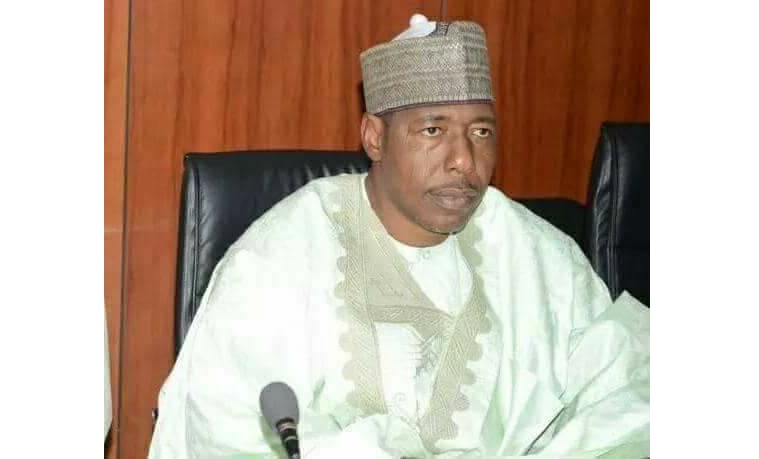The Borno Government on Wednesday says it has commenced construction of 1,000 houses in Monguno to resettle persons displaced by Boko Haram insurgency.
Malam Isa Gusau, the Special Adviser on Public Relations and Strategy to Gov. Babagana Zulum, said this in a statement in Maiduguri.
Gusau said that Zulum had inaugurated the housing estate project on Monday as part of his two-day visit to Monguno Local Government Area of the state.
He said that the project was designed to facilitate resettlement of 89,000 displaced persons currently taking shelter in public schools in the area.
According to him, the affected persons were displaced from their homes in Monguno, Marte, Abadam, Kukawa, Guzamala and Nganzai areas of the state.
He noted that the project when completed would facilitate resettlement of the displaced persons and re-opening of the schools for normal academic activities.
He added that the governor also laid foundation for the construction of a higher Islamic institute and a vocational training centre.
“The housing estate, expected to cost over N5 billion will be completed within six months while N75 million will be expended on the school project with a completion period of three months.
“The school will create opportunities for about 10,000 adults versed in Islamic knowledge to undergo formal school system to qualify for the award of diplomas,” he said.
The aide also quoted Mr Mustapha Gubio, the state Commissioner for Reconstruction, Rehabilitation and Resettlement (RRR), as saying that hospital, fire service unit, market, roads, drains, electricity and water facilities would be provided in the estate.
He further quoted Mr Bello Ayuba, the state Commissioner for Education, as saying that the school project was designed to encourage Arabic and Islamic education.
“The closure of Islamic schools brought setback in Arabic and Islamic studies. On completion of the project, students from the area will have the opportunity to get the best education.
“Under the project, the school will be provided with qualified teachers, administrative personnel and modern teaching materials,” Ayuba said. (NAN)

 Join Daily Trust WhatsApp Community For Quick Access To News and Happenings Around You.
Join Daily Trust WhatsApp Community For Quick Access To News and Happenings Around You.


